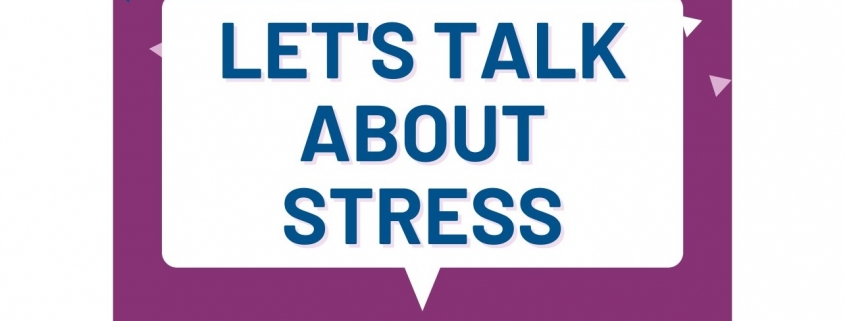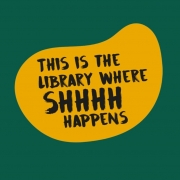Be Aware and Avoid Stress – Stress Awareness Month 2021
We are over halfway through Stress Awareness Month and I have read some great commentary and listened to some great discussion on the S word. From the physical impact on our body to discombobulation of the brain and changes in our behaviour, it is clear that excessive or persistent stress really is not great news.
However, one of my conclusions is that there seems to be a lack of consistency when it comes to dealing with stress. This is hardly surprising as not only does stressor and response seem to be highly personal, but from one day to another, an individual may also exhibit a different response to the same stressor. Why is that one day a traffic jam may turn me into a motoring maniac, whilst the next day the same event has no outward response at all?
To understand stress, rather than simply focusing on the motionless line of cars, maybe we should take some time to understand the multiple factors that make up our day-to-day life?
Maybe the key word in the month of April is ‘Awareness’. How often and how do you check in with yourself? Do you take a regular moment to pause and reflect on how energised you are feeling, what sort of mood you are in, how you are communicating with people you care about or how you are engaging with life both at work and away from it? And once you have thought these things through, do you take things a step further and evaluate why?
In general, we tend to be not very good at looking in the mirror. In fact, I would go as far as suggesting that many of us are experts in the skills of self-delusion and possibly even denial.
Over the past decade, I have used technology to help understand stress both personally and as a basis to coach others. There are a number of blogs sitting on the Optima-life website that look at this approach so, for a change, I thought it might be useful to look at another technique that can be useful if things are just getting too much.
I often use the My Stress Audit when working with someone who feels overwhelmed; the person who when asked what they feel is really challenging them respond with the single word ‘everything’. If that is you take a look at the example template below. In the first column, write down all the things that have got under your skin in the past seven days; then, in column two, give each of the issues a score between one and three (one being a trivial irritation and three being a monumental pain in the backside). In column three, again put a score between one and three, that reflects the emotional tariff the problem is having on you. Finally, multiply the two scores and place in column four.
The example below is a real-life example from a health care worker who was working in an A&E department in December last year. For them having a parent who had fallen was challenging and emotional, whilst the staffing levels and the Christmas rota – well they could be parked for the moment. The exercise helped them understand where they needed to focus their attention.
| Problem | Pain in the butt tariff | Emotional tariff | Score |
| Snapped at a colleague | 2 | 2 | 4 |
| Staffing levels | 2 | 1 | 2 |
| Parent fallen | 3 | 3 | 9 |
| Argument with partner | 2 | 3 | 6 |
| Christmas rota | 1 | 2 | 2 |
If you are feeling under the pump and if stress is becoming a challenge, take a moment to understand what is really causing you to feel that way – it is highly unlikely to be a traffic jam!









